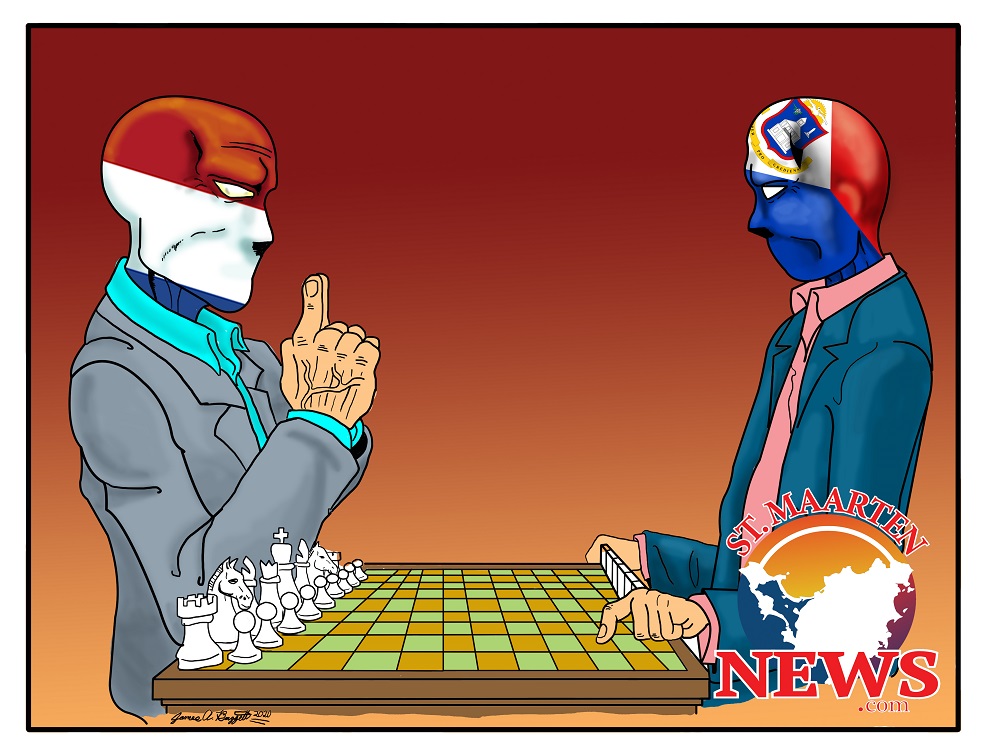Foundation maintains incorrect claim that United Nations rejected Kingdom Charter

PHILIPSBURG – The Pro Soualiga Foundation is apparently not happy with the conclusion that the decolonization process for the Netherlands Antilles and Suriname was already completed in 1955. Therefore, the foundation sent an email with seven attachments to stmaartennews.com in an attempt to support its position that the United Nations in fact rejected the Kingdom Charter back in 1955.
Related article: “Decolonization was completed in 1955”
The documentation provide by the foundation refers to discussions in the general assembly of the united Nations about “heavy criticism” of articles 44, 50 and 51 of the Kingdom Charter.
Article 44 stipulates that changes to the local constitution requires the kingdom’s approval. Article 50 states that laws that violate the Kingdom Charter are void and article 51 regulates under which conditions the kingdom can issue instructions to the autonomous countries.
According to the unsigned letter from the foundation this criticism resulted in “the rejection of the Kingdom Charter by the General Assembly of the United Nations in 1955.”
Unfortunately, the foundation did not provide any documentation to show that the UN indeed rejected the Kingdom Charter. That’s because this never happened.
While indeed many members of the General Assembly had quite some questions about the ins and outs of the Kingdom Charter back in 1955, there was also firm support, for instance from the representative for Brazil who stated, according to original UN-documents of the meeting that the Kingdom Charter contains “absolute guarantees of complete and unrestricted self-government for the Netherlands Antilles and Suriname.”
Furthermore, the report about a UN-meeting on November 25, 1955, states that “evidence left no doubt that the peoples of the Netherlands Antilles and Suriname fully supported the new constitutional arrangement.”
And on December 15, 1955, the General Assembly declared, based on communication received from the Netherlands on March 30 of that year about the constitutional provisions embodied in the Kingdom Charter: “The people of the Netherlands Antilles and Suriname have expressed, through their freely elected representative bodies, their approval of the new constitutional order.”
Furthermore, the assembly found “the cessation of the transmission of information under article 73e of the UN Charter in respect to the Netherlands Antilles and Suriname appropriate.”
Attorney Charles Rutte, who represents the Netherlands in the lawsuit initiated by the Pro Soualiga Foundation, refutes its claims resolutely: “Nowhere does it show that the members of the General Assembly, as the foundation claims, consciously have refused to declare that a full measurement of self-government was achieved, that Chapter XI no longer applied and that the right to self-determination was exercised.”
Rutte notes in his 88-page memorandum in reply to the foundation’s claims that the general Assembly approved Resolution 945X that the UN also took the Netherlands Antilles (and with it, St. Maarten) of the list of non-self governing territories in 1955 and as such, the decolonization process was indeed completed 65 years ago.

























